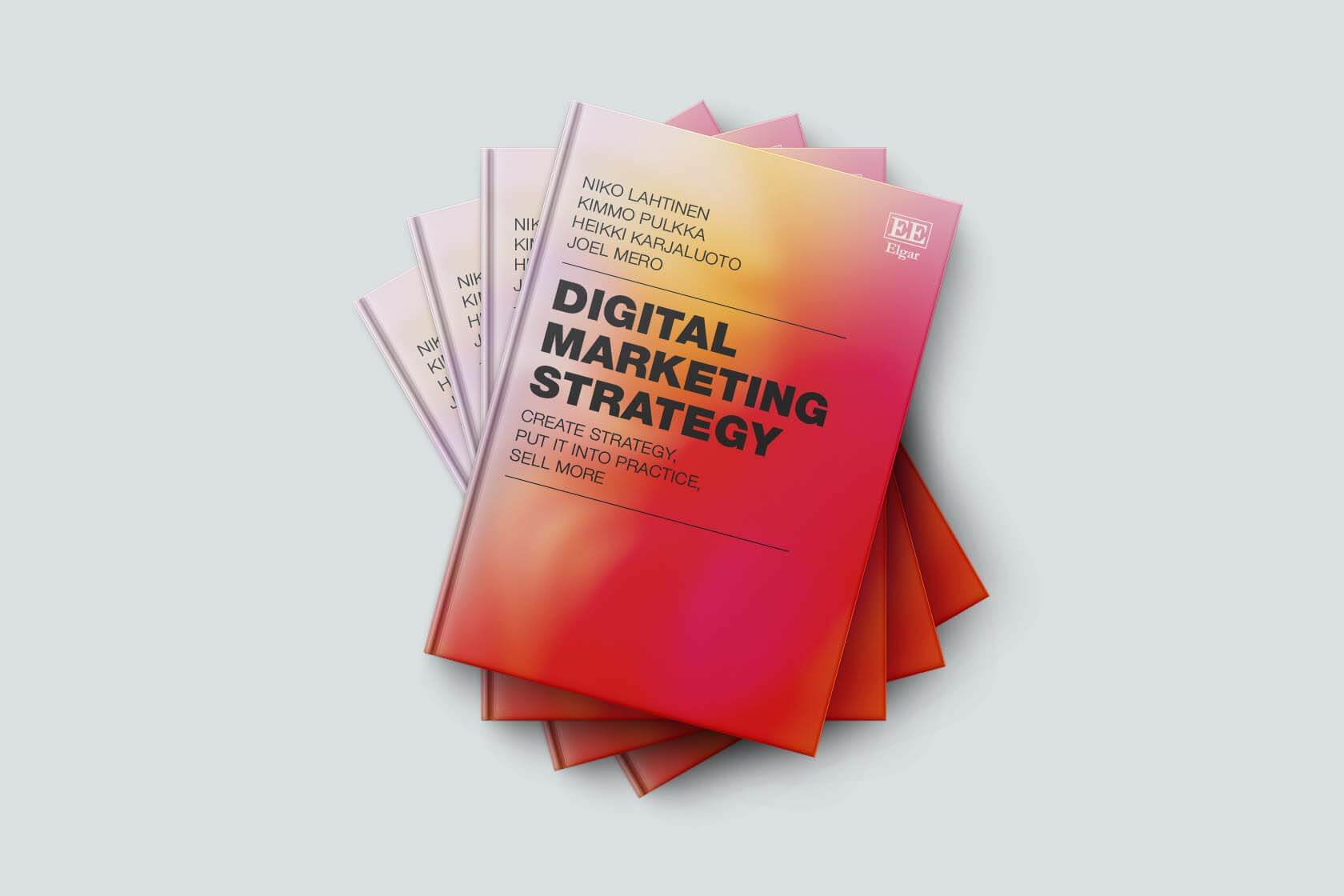Content strategy refers to a long-term plan for content marketing. In many ways, a good content strategy serves as the basis for the entire digital marketing, taking into account the target group, the purchasing process, the channels used, competitors, and the resources available.
The purpose of the content strategy is therefore to create a clear strategy for the company as to who is being targeted, at what stage of the purchasing process, in which channels and with what content.
The biggest mistake in creating a content strategy is usually to think from the company’s perspective about what things they want to tell regardless of what people are really interested in, or that the content would have been considered optimal for a particular channel.
The content strategy is one part of the company’s marketing strategy.
Creating a content strategy
When creating a content strategy, you should proceed in the following order:
- Definition of the target group or audiences
- Outlining the purchase process
- Channels used at different stages of purchase processes
- Content and distribution planning
- Comparing your own plan to the actions of your competitors
As you can see above, a well-done content strategy becomes quite comprehensive in terms of digital marketing in general. The fact is, however, that there is no point in producing content if you have not thought about how the customers will find the content.
1. The cornerstone of content strategy: Defining the target group
The first phase of this content strategy should be self-evident, but unfortunately it often is not. You can still see great content strategies that have not taken a position on who the content is aimed at.
Then make relevant content as a marketer when you do not know if the content needs to address a 69-year-old grandma or a 14-year-old boy. I will give a little tip here, but targeting should serve as the cornerstone of any content strategy.
There may be several target groups, but one should be chosen as the primary target group to be targeted first.
Perhaps the most common tool for defining the target group is the buyer persona which is used to concretise the representative of the target group as a fictional character that reflects the needs and motives of the target group.
2. Content strategy walls: Outlining the purchasing process
Definition of the target group – check! Are we going to start thinking about the contents ourselves? Not quite yet, anyway. Next, we should try to define the customer’s purchasing process: what steps are involved, who influences the purchase and what questions might the customer have?
The purchase process also provides a basis for content distribution, as the purchase process already allows you to understand which channels a person uses when making purchase decisions.
3. Content strategy ceiling: The channels used
By understanding the customer’s purchasing process, you can start thinking about which marketing channels should be used for which stage of the purchase process. For example, search engine-optimized texts reach people at a slightly different stage of the purchase process than Facebook videos.
When it comes to a specific end result for channels, it also serves as a basis for the design of the content itself, as the content should also be designed with the distribution channel in mind.
4. Content strategy design: Designing content and their distribution
Now that the foundations are in order, we can start thinking about what to put inside the house. That is, what the content would be concretely and in what term and on what budget they will be distributed in the selected channels.
Each planned content should address the right audience in the exact channel where the content is distributed and take the customer forward in the purchasing process so that the content can be measured in a measurable way.
5. Content strategy comparison: Comparing the plan to the actions of your competitors
I deliberately listed this step last. However, if you want to go from where the fence is the lowest – and not really build a long-term competitive advantage with a content strategy – then you might want to do this first.
However, if you want your content strategy to really bring a competitive advantage to the company, you should start thinking about your competitors only at the stage when the strategy has been completely thought through for the customers.
It is, of course, tempting to look at what competitors are doing. But usually, the situation is that all the competitors are just staring at each other. At the same time, everyone thinks that others have certainly thought about the customers and what the customers want and how marketing is part of the customer’s purchasing process.
Our experience is that it is certainly useful to look at your competitors, but it is worth keeping a close eye on the customers, so we are definitely going in the right direction.
Content strategy summary
A good content strategy is also inevitably the basis for the entire digital marketing strategy and the launch of effective inbound marketing. However, it is impossible to plan content marketing effectively without understanding the whole.
If you are interested in the implementation of content marketing or your content strategy, then feel free to contact us!










